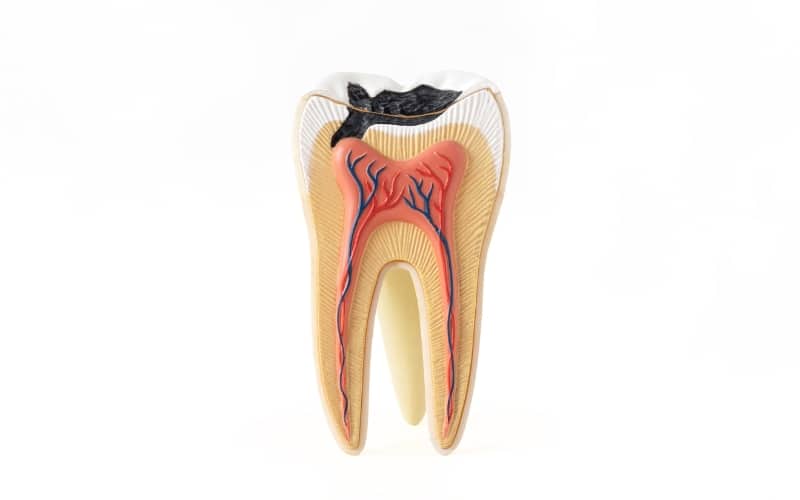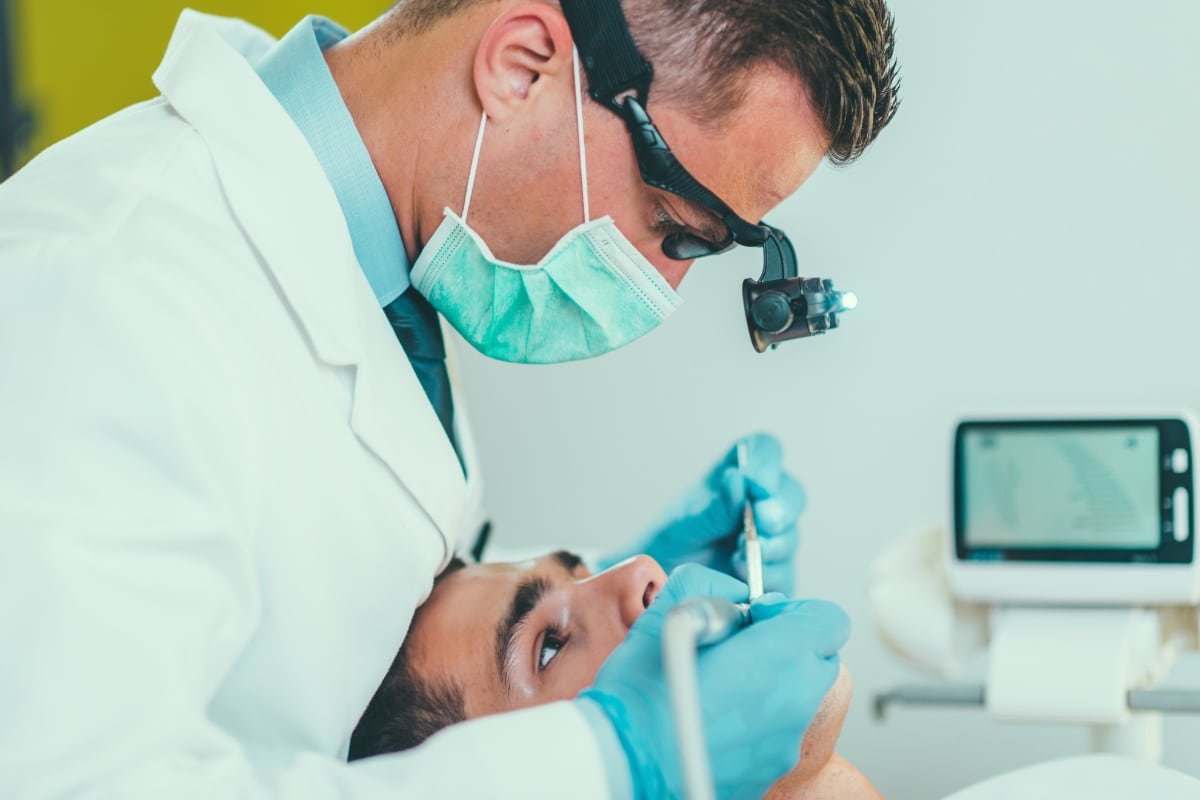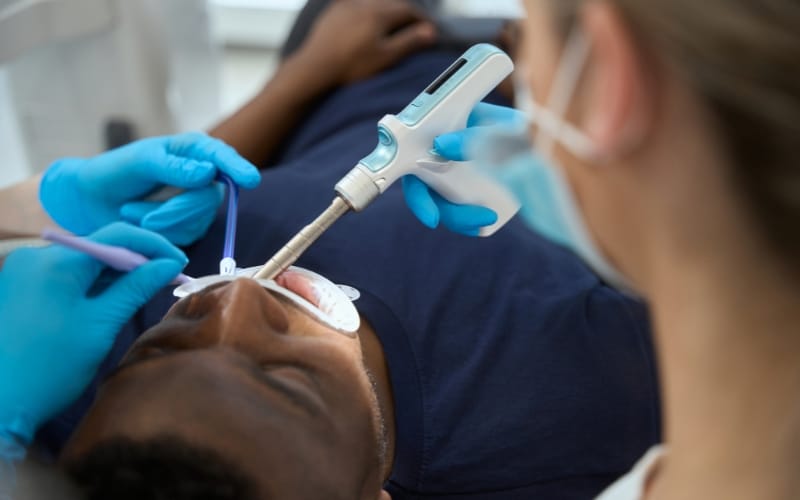New Patients Welcome!

Pregnancy is a wonderful period full of numerous changes in the mother’s body. This is also a critical time for their oral health. The thought of receiving dental treatment during this time feels daunting also. So, what to do if you need a root canal during your pregnancy?
A root canal is an effective dental procedure to treat tooth cavities. So, it would not be a wise decision to ignore your oral health completely just because you are pregnant. In this blog, we will explore how you should proceed with a root canal during your pregnancy.
Why Dental Health Matters During Pregnancy?
Pregnancy causes hormonal shifts that can leave your teeth and gums more susceptible to issues. Even without previous dental problems, you could be experiencing:
- Swelling, bleeding, or increased sensitivity of gums due to elevated progesterone.
- Cavities due to cravings, snacking, and morning sickness.
- Abscess when you leave the decay untreated for a long time.
Forgetting to keep your mouth healthy during pregnancy isn’t only bad for your teeth—it can affect your overall health and, in a few instances, heighten the risk of preterm birth or low birth weight.
Is a Root Canal Safe During Pregnancy?
A root canal is a treatment to remove infected or harmed pulp from within a tooth to stop the infection from spreading. When done properly, a root canal is safe during pregnancy and is usually needed to end unbearable pain and avoid further complications.
Here’s why root canals are a safe choice for pregnant women:
- Local anesthesia is safe – Dentists employ pregnancy-friendly anesthetics such as lidocaine in small amounts to make patients comfortable.
- X-rays are minimal and protected – Low radiation digital X-rays are employed now, and a lead apron covers both mom and baby.
- Prevents severe infection – Not treating an infected tooth is more dangerous than the process itself.
What is the Best Time for a Root Canal During Pregnancy?
Though a root canal may be performed at any time during pregnancy, certain trimesters are better than others:
First Trimester (Less Ideal)
- The baby’s major organs are still forming, and many women avoid unnecessary medication this time.
- Morning sickness could make it unpleasant to visit the dentist.
Second Trimester (Best Option)
- Best time for dental procedures.
- Baby’s organs are fully formed, lessening fears regarding medication.
Third Trimester (Challenging but Possible)
- It will not be as easy to lie back for a while.
- You can take breaks if you feel any discomfort.
Precautions for a Safe Root Canal
To provide a safe and comfortable experience, dentists also take the following precautions for pregnant patients:
- Use of Safe Anesthesia – Pregnancy-safe anesthetics are used with careful dosing to avoid risks.
- Pain Management Considerations – Acetaminophen is usually prescribed instead of ibuprofen for pain relief.
- Clear Communication with OB-GYN—Your dentist can consult your obstetrician prior to your dental treatment to better understand your case.
- Comfort Accommodations – Support pillows and breaks can alleviate discomfort if being on your back is uncomfortable.
A root canal during pregnancy is not a clear no. You can have the procedure if precautions are taken properly. If your tooth pain is severe, you should not delay the treatment. However, for a safe pregnancy, consult with your OB-GYN first and then look for a good dentist.





